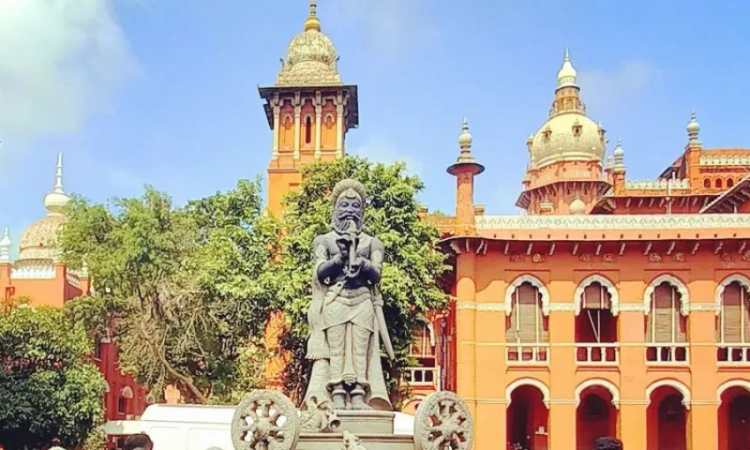Law Officers Render Their Services Above Self, Must Be Given Due Respect: Madras High Court Issues Directions To Govt
Upasana Sajeev
4 April 2022 1:45 PM IST

The Court further ordered State to settle bills raised by former AAG claiming special fees for appearance in certain matters.
Next Story


